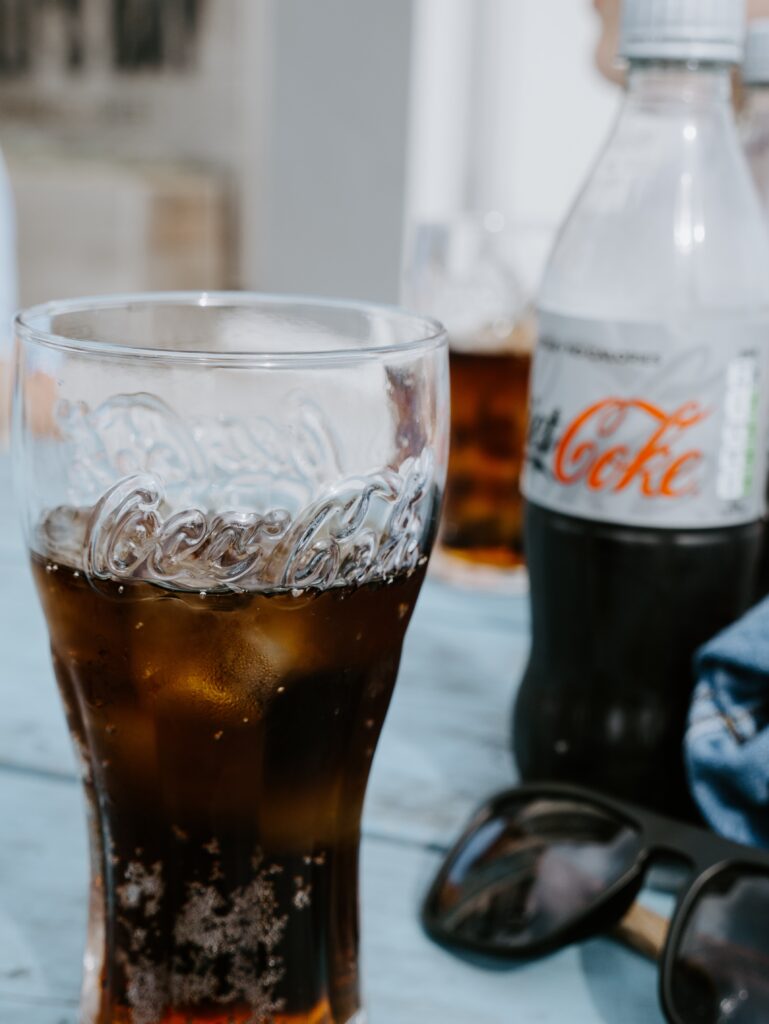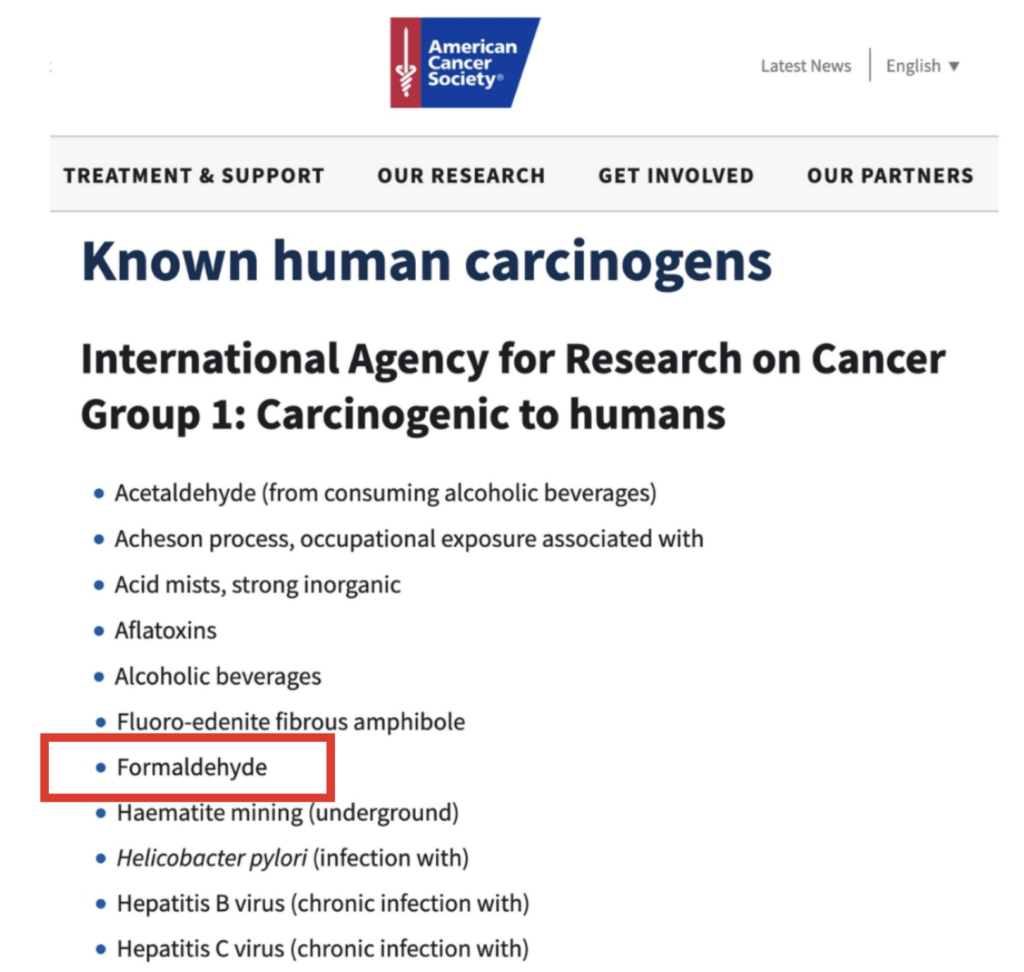Podcast Features
What do you want to learn more about?
Mentorship Program, 1:1 Nutrition Coaching with Alison
The Wholesome Journey - Group Nutrition Coaching Program
April 14, 2019
Alison Tierney, MS, RD, CD, CSO
Alison is a registered dietitian, board-certified in oncology nutrition, and a cancer thriver. Her expertise in oncology nutrition and personal experience with her own cancer diagnosis and its treatment provide her with the unique perspective of being able to relate to her clients on an entirely different level. Her content is consistently focused on evidence-based guidelines and seeks to increase the awareness of the power of nutrition to complement traditional cancer therapies.
- Alison Tierney, MS, RD, CD, CSOhttps://wholesomellc.com/author/alisonwholesomellc-com/
- Alison Tierney, MS, RD, CD, CSOhttps://wholesomellc.com/author/alisonwholesomellc-com/
- Alison Tierney, MS, RD, CD, CSOhttps://wholesomellc.com/author/alisonwholesomellc-com/
- Alison Tierney, MS, RD, CD, CSOhttps://wholesomellc.com/author/alisonwholesomellc-com/
Aspartame is a commonly used artificial sweetener found in many diet sodas and other low-calorie foods. However, there have been concerns about its safety and potential link to cancer. Does aspartame cause cancer? In this article, we explore the research on aspartame and its potential effects on cancer risk.
Is Diet Coke Bad for Me?
“How bad is Diet Coke for me?”
When someone asks me this, the first thing that comes to mind is aspartame (APM).
It’s the artificial sweetener in the beloved drink of so many. But aspartame cause cancer, or increase its risk?
Let’s dive in.

What is Aspartame?
APM was originally approved by the FDA commissioner in 1981, despite the FDA board of inquiry and several FDA scientists advising against the approval of the product due to brain cancer concerns. (1)
Between 1974 and 2018, several rodent studies were done to determine the effects of aspartame. In the end, different conclusions were made regarding cancer risk (2). Although we can gain some insight in rodent studies, the truth is, conclusions based on rodent studies aren’t conclusive enough for us humans.
That’s not to say all human studies are entirely conclusive either:
- An 18-week study on patients with diabetes found no serious adverse effects APM intake. (2)
- A 5-year study of high levels of APM intake found no association with increased risk of hematopoietic (blood) cancer. (3)
- A 10-year study found no association with an increased risk of lymphoma. (4)
Harvard conducted a long-term study following medical professionals for 18 years. It became the longest, most comprehensive study between the association of aspartame consumption and cancer risk in humans.
What did the long-term study find on aspartame and cancer?
Researchers found a positive association between the consumption of diet soda and total aspartame intake with an increased risk in non-Hodgkin’s lymphoma and multiple myeloma in men. Plus, an increased risk of leukemia in men and women. (5)
Meaning, the higher the consumption of aspartame, the higher the risk for these types of cancer.
Further studies also found an increased risk of pancreatic cancer in men who consume diet soft drinks containing APM. Interestingly enough, beverages sweetened with natural sugar were not associated with increased risk. (6)
Among other types of sugars researched (lactose, fructose, and sucrose), only lactose (milk sugar) was also associated with increased pancreatic cancer risk. (6)
Why might aspartame increase cancer risk?
Aspartame is made from a methyl ester of dipeptide of phenylalanine and aspartic acid.
Whoa! That takes me back to biochemistry and organic chemistry class.
I’ll explain in English.
This component in APM is broken down into methanol in our bodies and then into formaldehyde — a known human carcinogen.
APM itself is not a human carcinogen, but what it breaks down into is.

What does this information tell us about cancer risk?
Short-term human studies don’t tell us the whole picture. Even though the short-term studies found no cancer risk, more research is needed – in my opinion. The 18-year study was the first to find risk. Since APM’s introduction to foods and drinks was in 1971, many individuals have regularly consumed this product for a large chunk of their lifetime. Thus, longer human studies are important to answering the question – does aspartame cause cancer?
It is likely true that small doses of APM (and products containing aspartame like Diet Coke) here and there may not lead to increased risk, but regular consumption is certainly not recommended.
What if you love Diet Coke?
Until we have longer and more robust human studies on aspartame and cancer risk, it would be advisable to consider reducing the amount you consume regularly.
Water is considered the best beverage choice, but it can get boring sometimes. Try switching to carbonated waters flavored with natural flavors, unsweetened teas, or water flavored with fresh fruit.
Want to learn more about sugar’s relationship with cancer? Alison reviewed the research here.
Plus, grab some tips on hidden sugar in Lauren’s, Eat This, Not That series!
Blog Updated June 2023
References
Does Aspartame Cause Cancer?
Wholesome LLC is not a medical practice, and its employees cannot offer medical advice. This website provides educational information but it is not a substitute for medical advice from a licensed medical professional who is familiar with your particular facts and circumstances. The information contained on this website is not intended to diagnose, treat, or cure any disease and shall not be construed as medical advice. The information and education on this website is provided for you to use at your own discretion.
You can further review our disclaimer here.
Wholesome
About Alison
Courses & Programs
The Wholesome Journey
Free Resources
FAQs
Press & Media
Recipes
Blog
Contact Us
Shop
© 2025 Wholesome, LLC All rights reserved.
Privacy Policy
Terms of Use
Disclaimer
Mobile Terms of Service